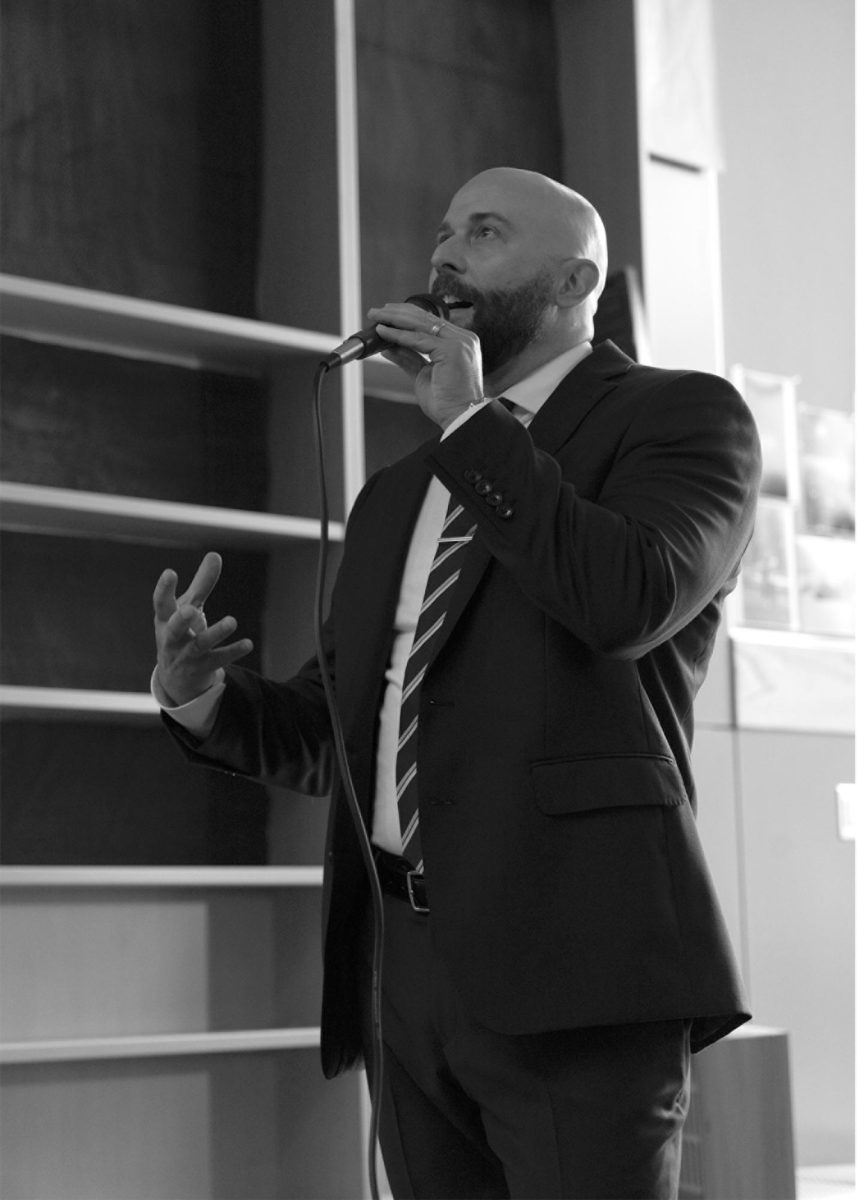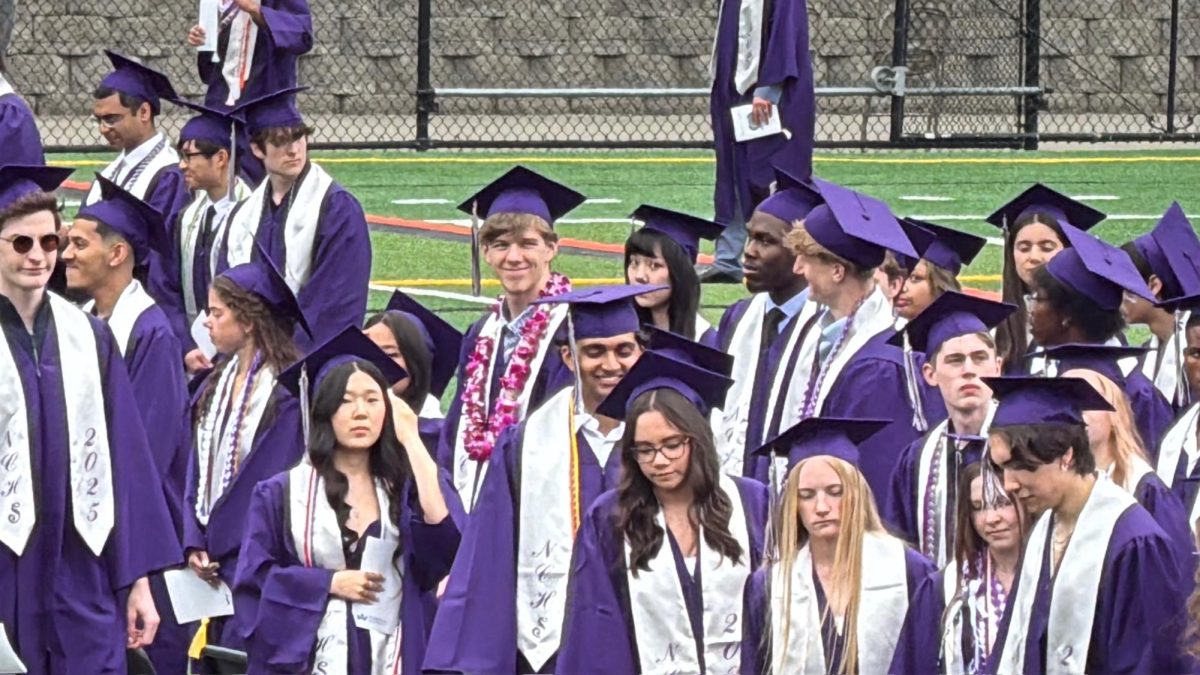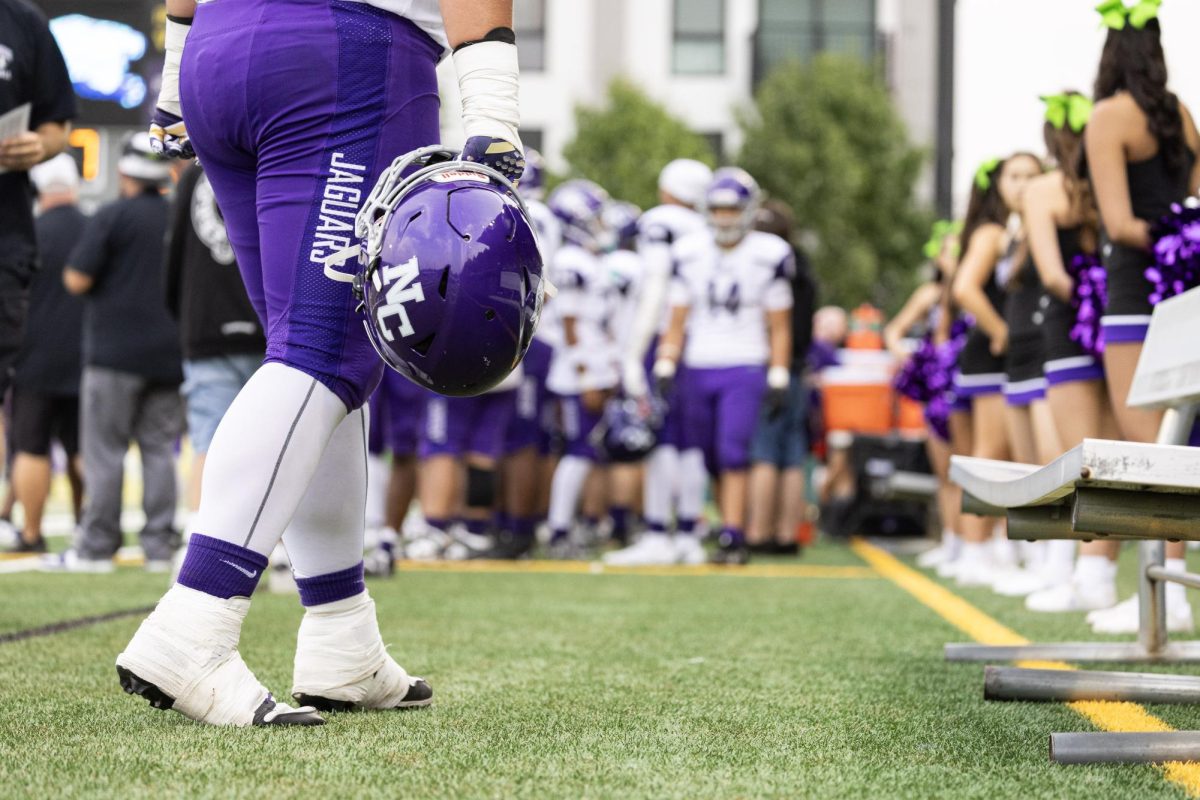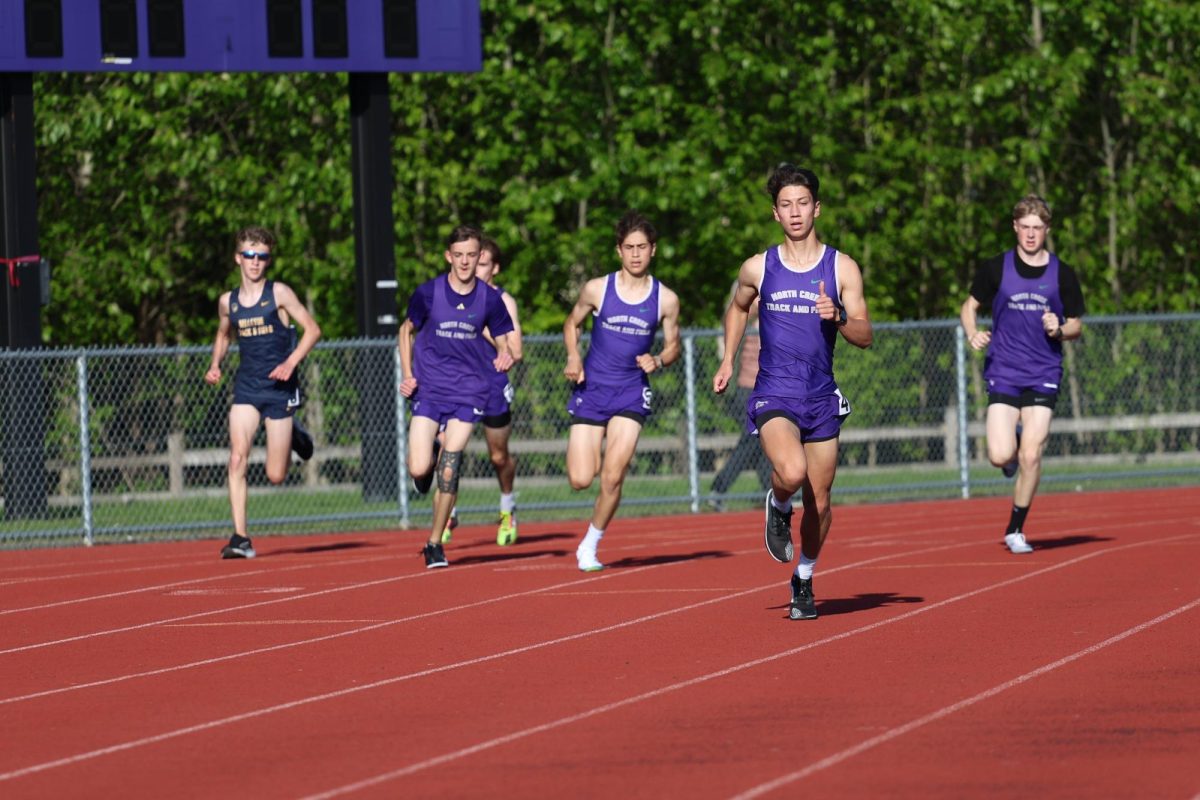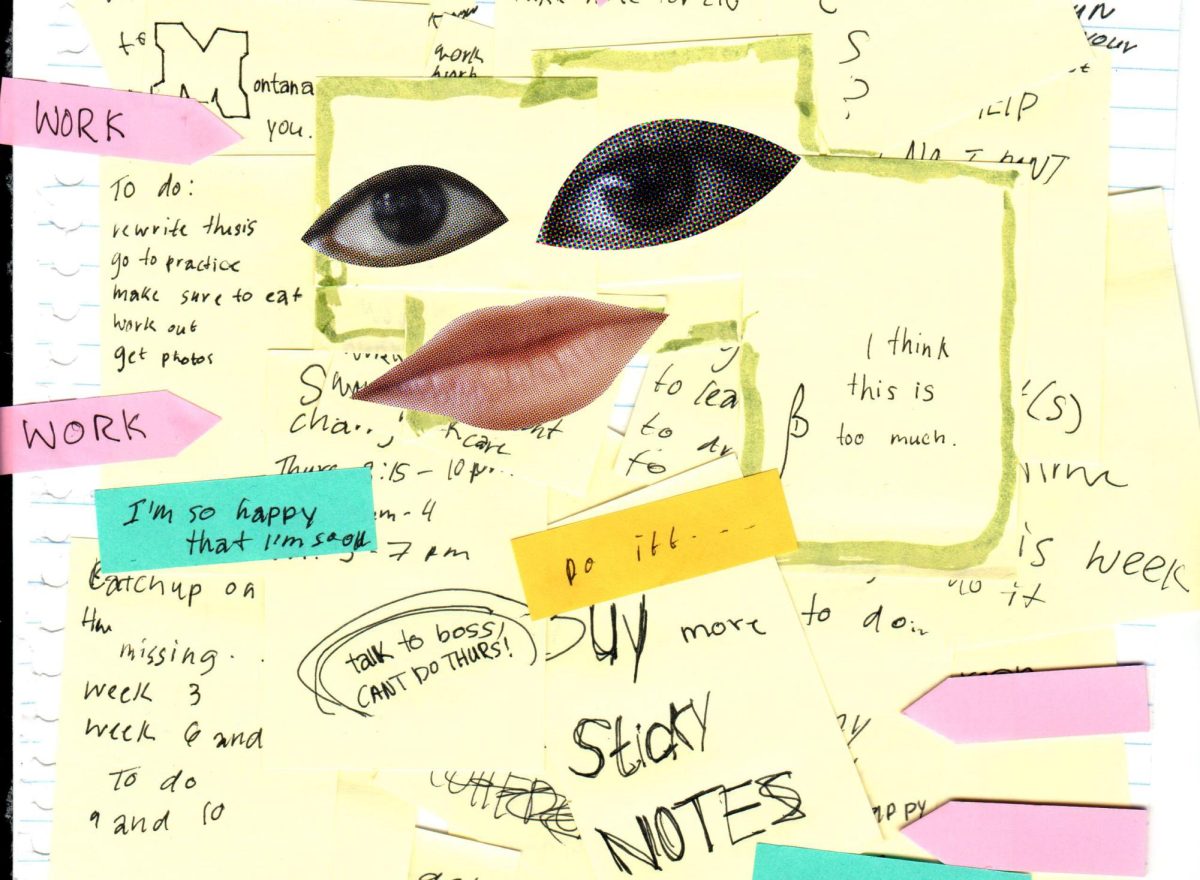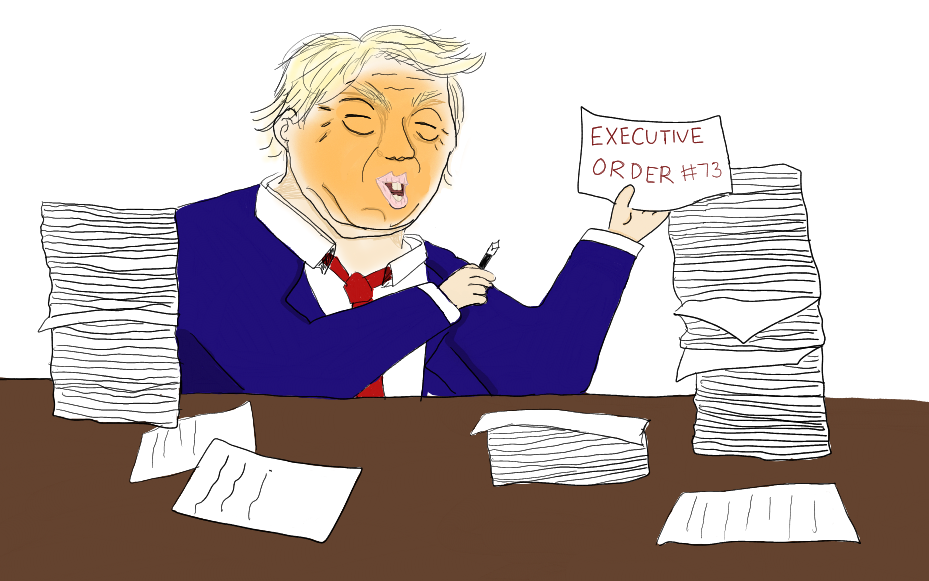Once in a while, the Supreme Court takes up a case with an immense impact on student speech rights. This summer, the court will hear Mahanoy Area School District v. B.L, a case with the potential to reshape the scope of first amendment rights for students across America. On a Saturday afternoon in 2017, Brandi Levy and a friend met at a cafe and posted a Snapchat with both of their middle fingers up, saying “f— school f— softball f— cheer f— everything.” This Snapchat was later screenshot and shown to her coaches. Levy later followed up, saying, “Love how me and [another student] get told we need a year of jv before we make varsity, but that doesn’t matter to anyone else?” Levy was suspended from cheerleading for one year following the post. The school said that her post reflected poor sportsmanship, and they feared it would incite chaos within the team. Levy’s parents sued the school district under the First Amendment’s free speech clause. The Levy family won this case, stating that it was beyond the school’s jurisdiction to punish her if the snap was made and posted off-campus on the weekend. The upcoming case, however, is a bit more complex. On the one hand, if the court rules in favor of the Levys, schools would not be able to punish students for what they say on their social media outside of school, favoring freedom of student speech and expression. However, this would make it difficult to stifle cyberbullying, cheating, and privacy invasion because the student would be protected under the First Amendment. The Supreme Court heard oral arguments on April 28th of this year. While the decision has yet to be released, some of the Justices have already made statements regarding the case that show sympathy toward the Levys. Justice Stephen Breyer said, “She used swear words, you know, unattractive swear words off-campus. Did that cause material and substantial disruption? I don’t see much evidence it did. And if swearing off-campus did, I mean, my goodness, every school in the country would be doing nothing but punishing.” The school district’s lawyer, Lisa Blatt, has made statements about how the time and place do not matter in the digital age, where ideas can be shared with millions of people in seconds. She argued that it was not the geography that matters but the harmful speech and its disruptive impact. When looking at this case, precedent from prior Supreme Court cases is relevant. The first one is the 1969 case of Tinker v. Des Moines Independent Community School District. That year, a group of students wore black wristbands as a symbol of their protest against the Vietnam War. The school punished these students, and their parents sued the district. In a 7-2 decision, the court ruled that students and staff do not “shed their constitutional rights to freedom of speech or expression at the schoolhouse gate.” Another comparable case was in 1988 with the Hazelwood School District v. Kuhlmeier. In this case, students wrote stories about their classmates’ experiences with teen pregnancy and divorce in the school newspaper; the principal redacted those stories before publication. In a 5-3 ruling, the court ruled in favor of the school and stated that the school has the right to censor whatever it deems inappropriate because it was a schoolsponsored newspaper. Both of these cases have had significant impacts on students’ freedom of speech. However, Mahanoy v. B.L. involves the relevance of social media in school culture, which may hinder the decision-making process of the bygone Supreme Court. This case has the potential to impact North Creek students as well. If the Supreme Court rules in favor of the Mahanoy School District, it could mean that as long as you are a student at NCHS, the school has the right to punish you for anything you post on social media that they deem inappropriate. A limiting decision would also apply to any breaks from school, including summer vacation, given the circumstances in the Brandi Levy case.
Categories:
Snapchat rant headed to the Supreme Court the Supreme Court
Pennsylvania teen’s rant tests the limits of the First Amendment in schools
Ally Hjort, Staff Reporter
July 11, 2021
0
Tags:
More to Discover
Donate to The Jaguar Journal
Your donation will support the student journalists of North Creek High School. Your contribution will allow us to purchase equipment and cover our annual website hosting costs.
